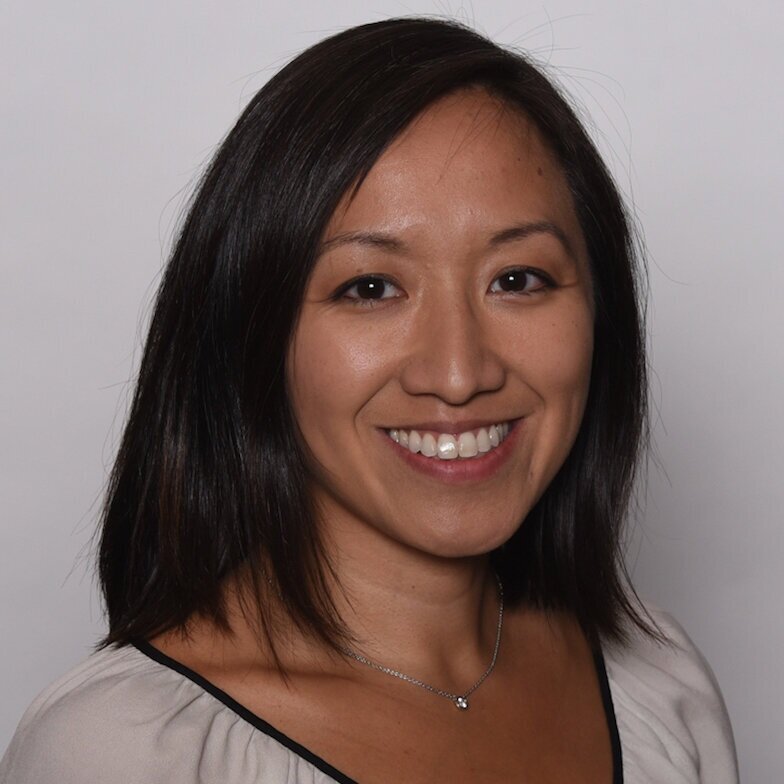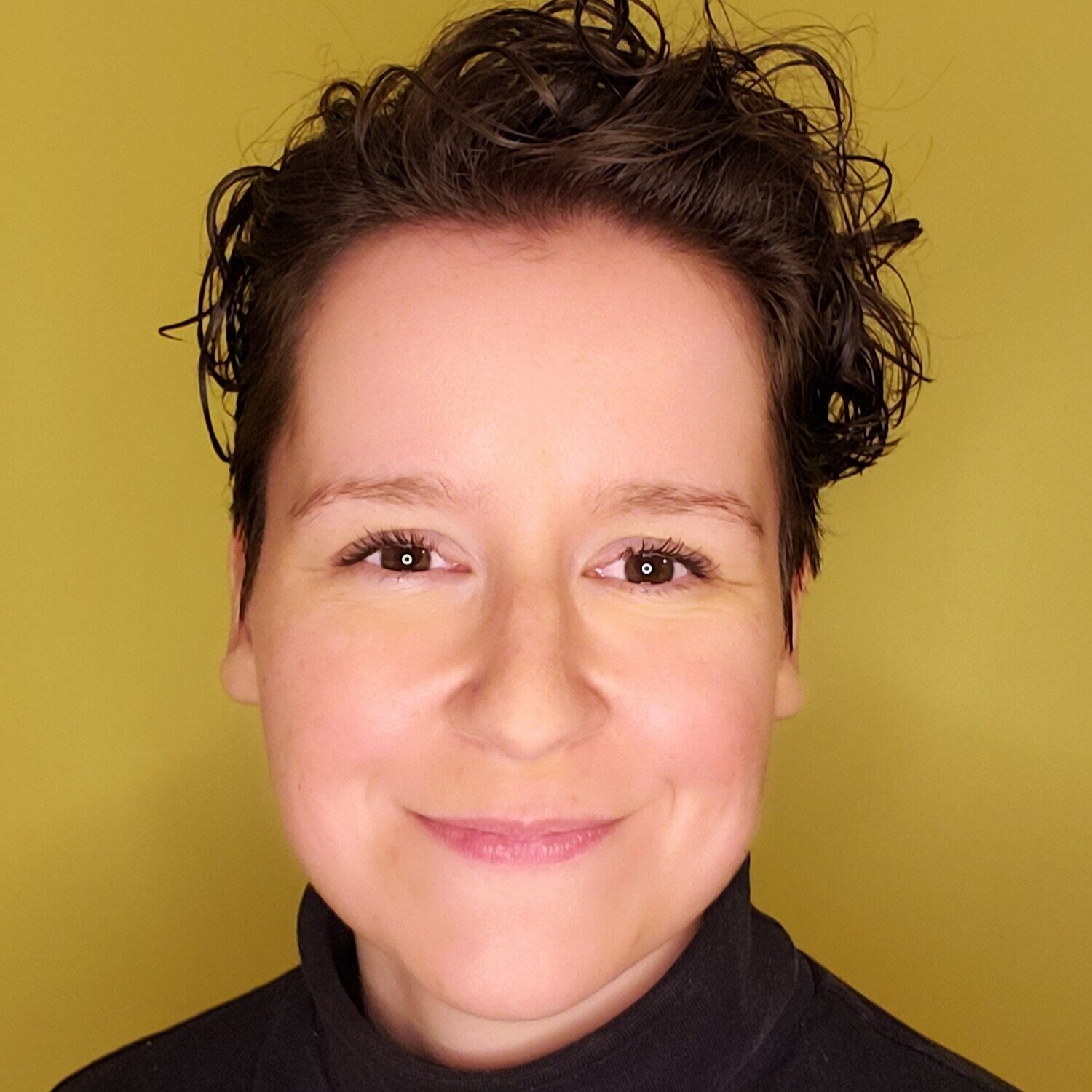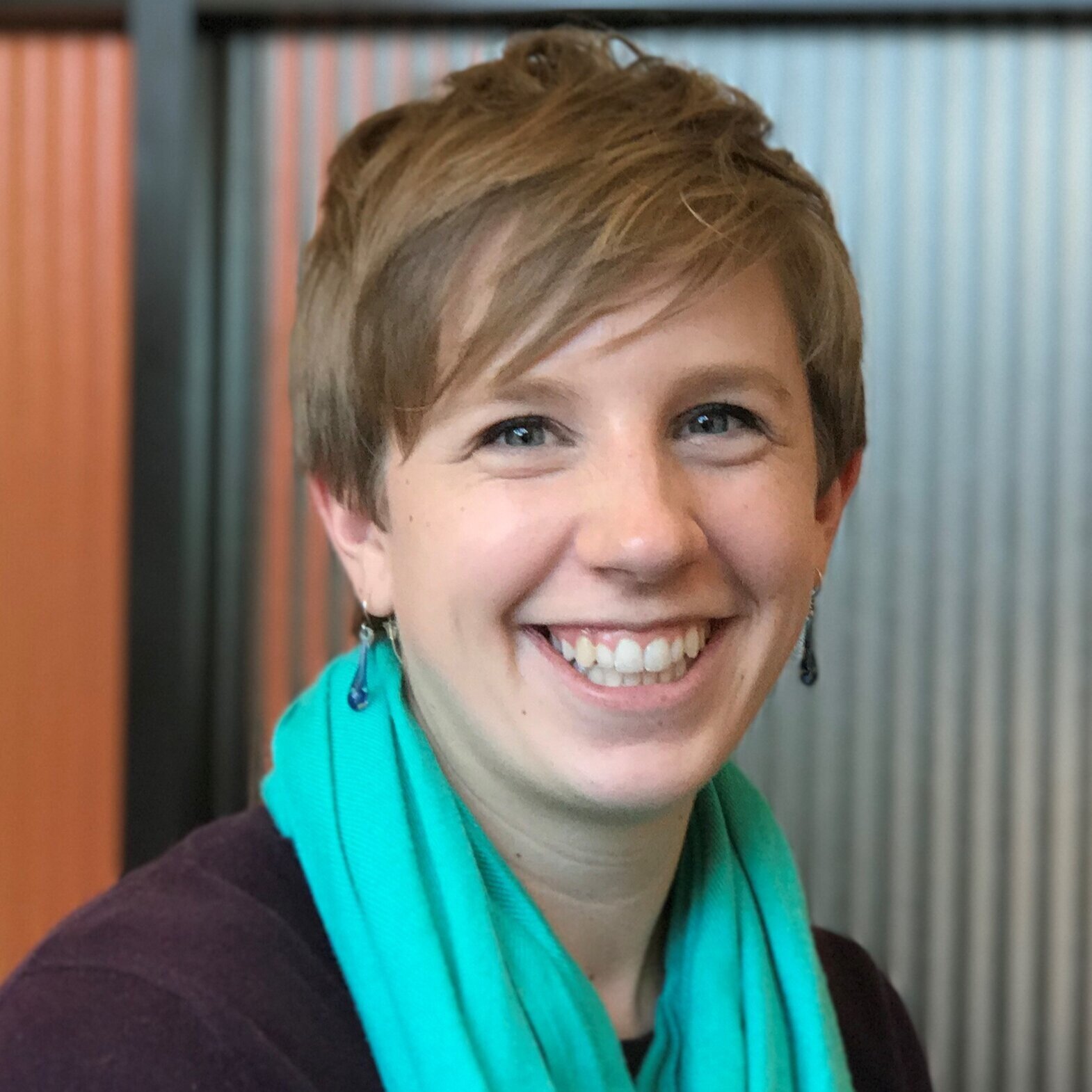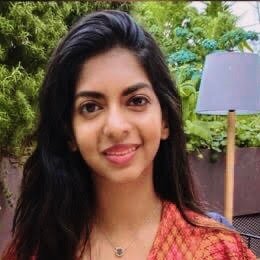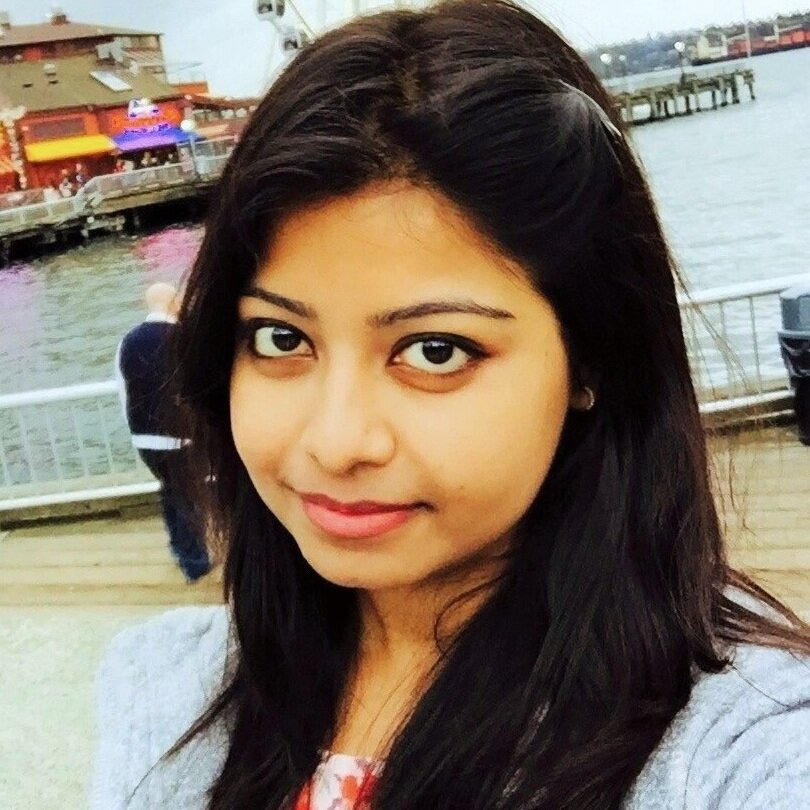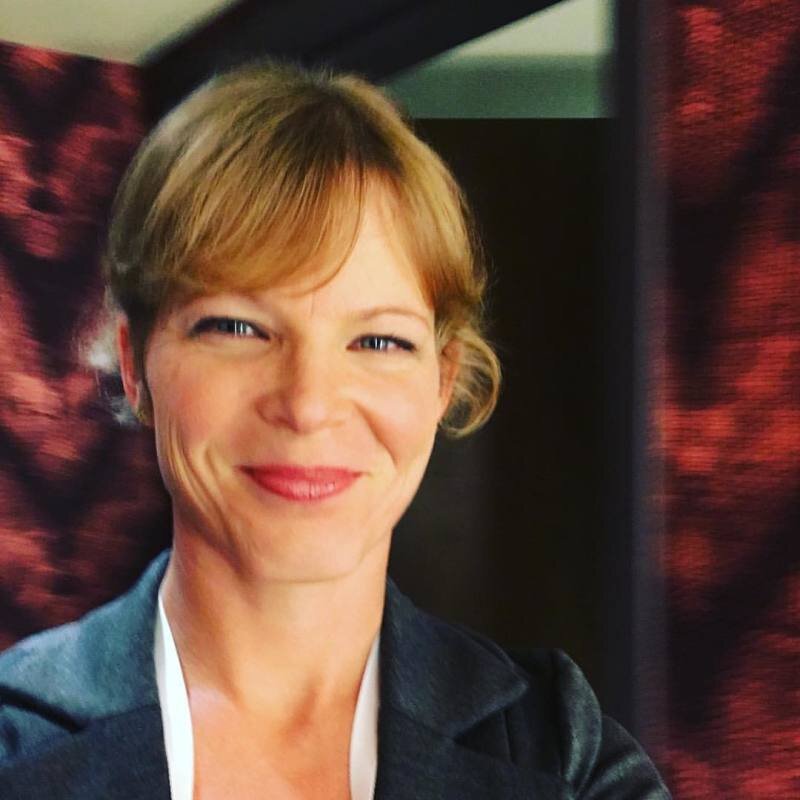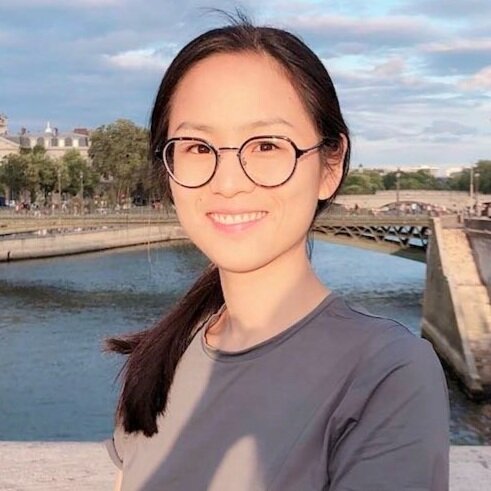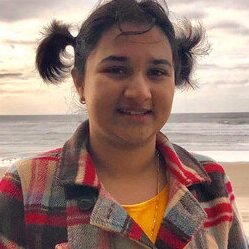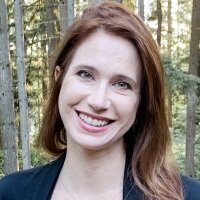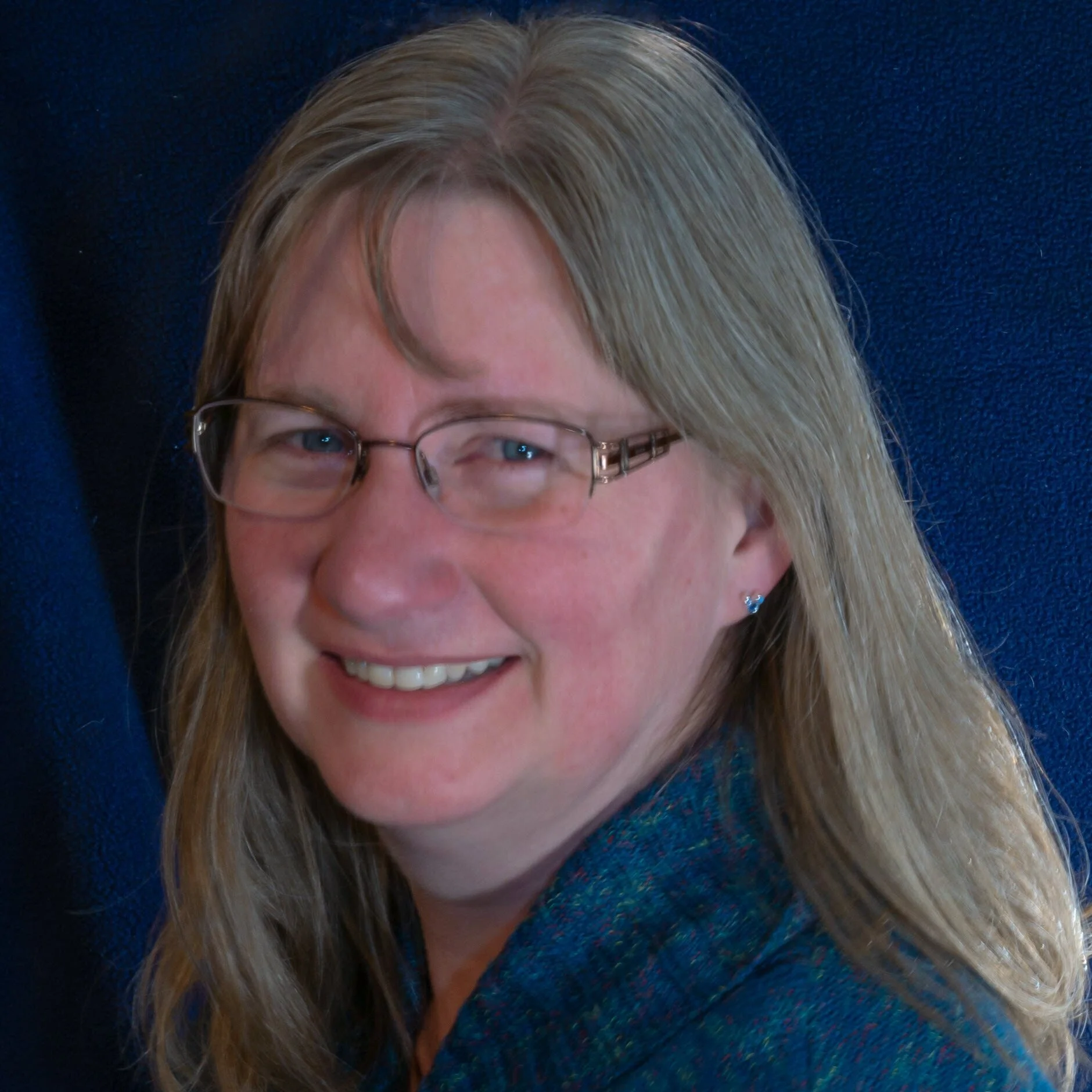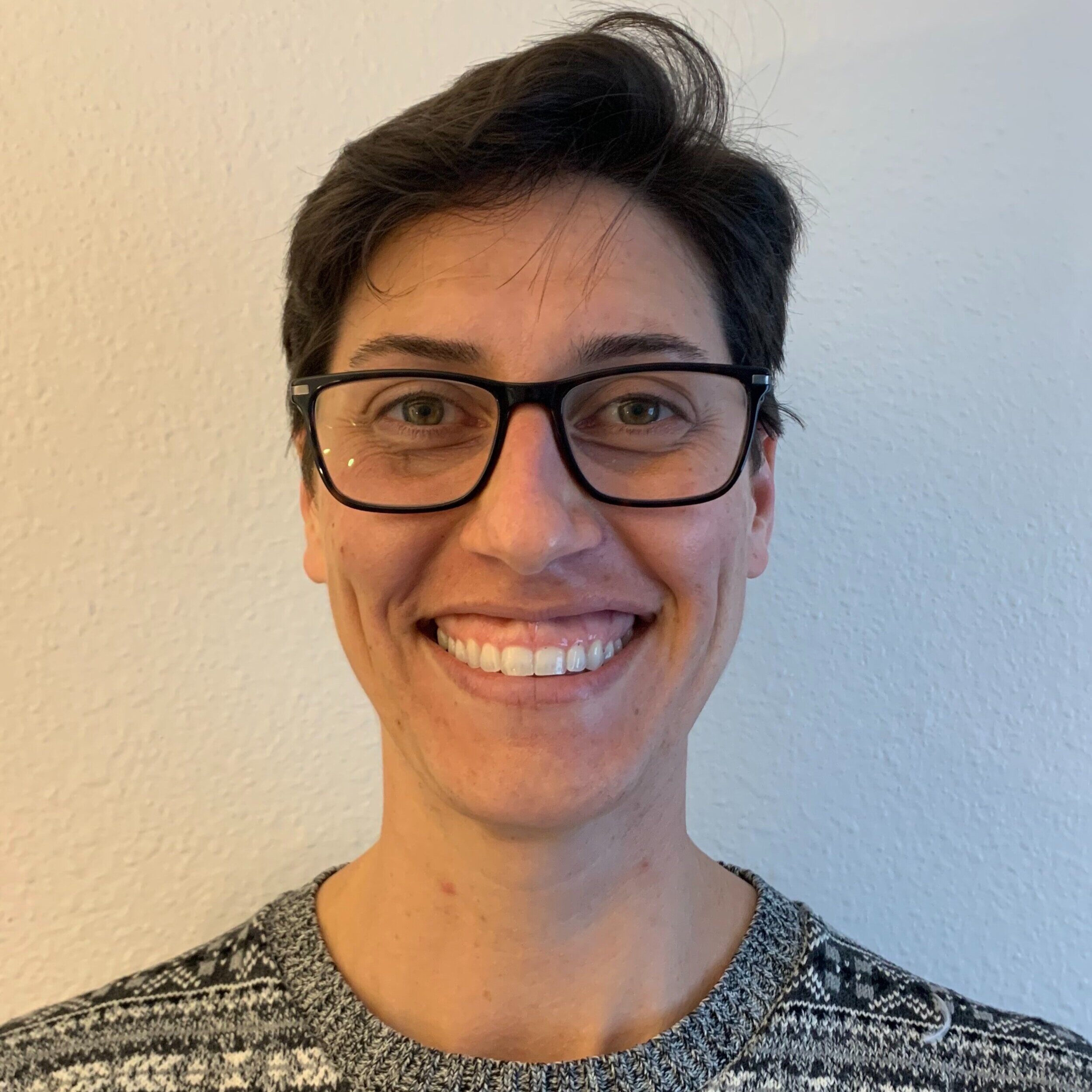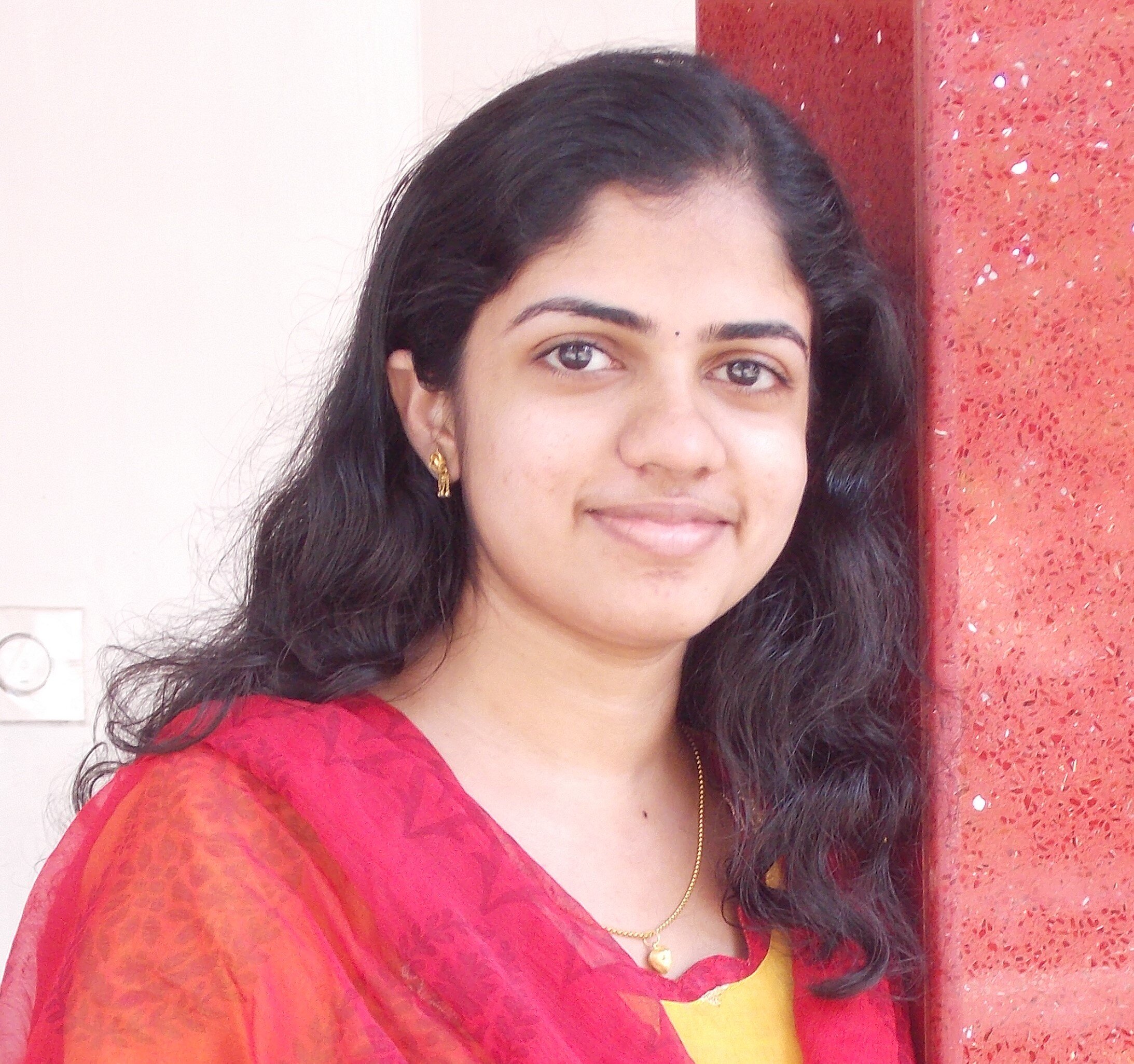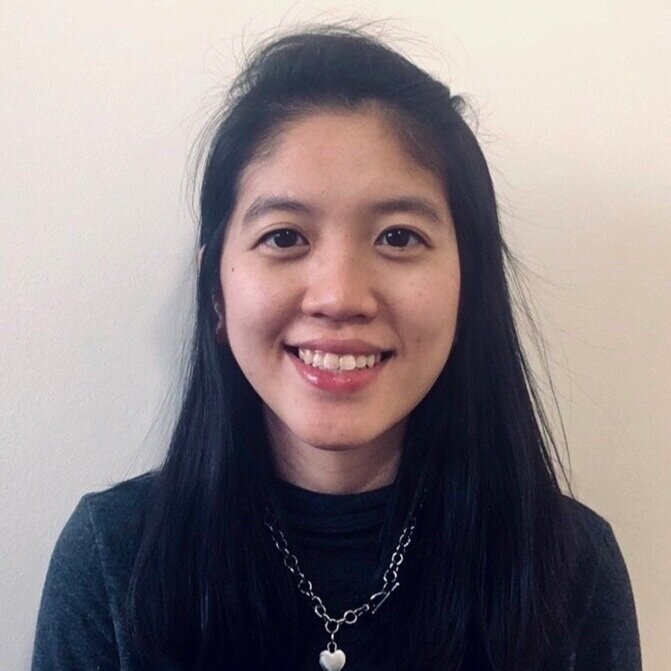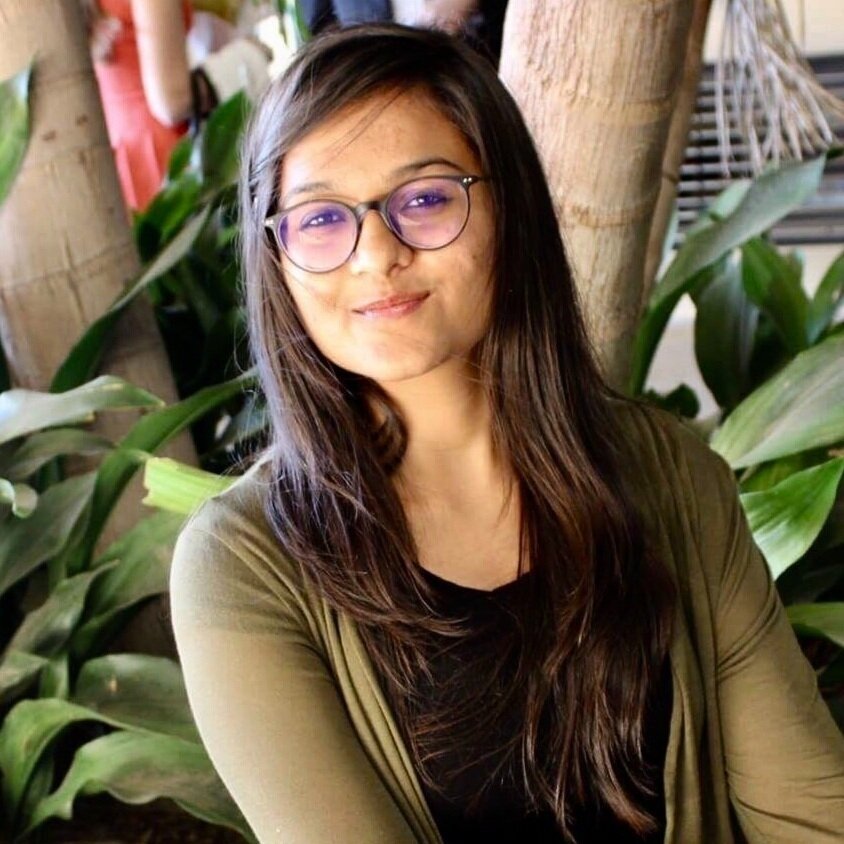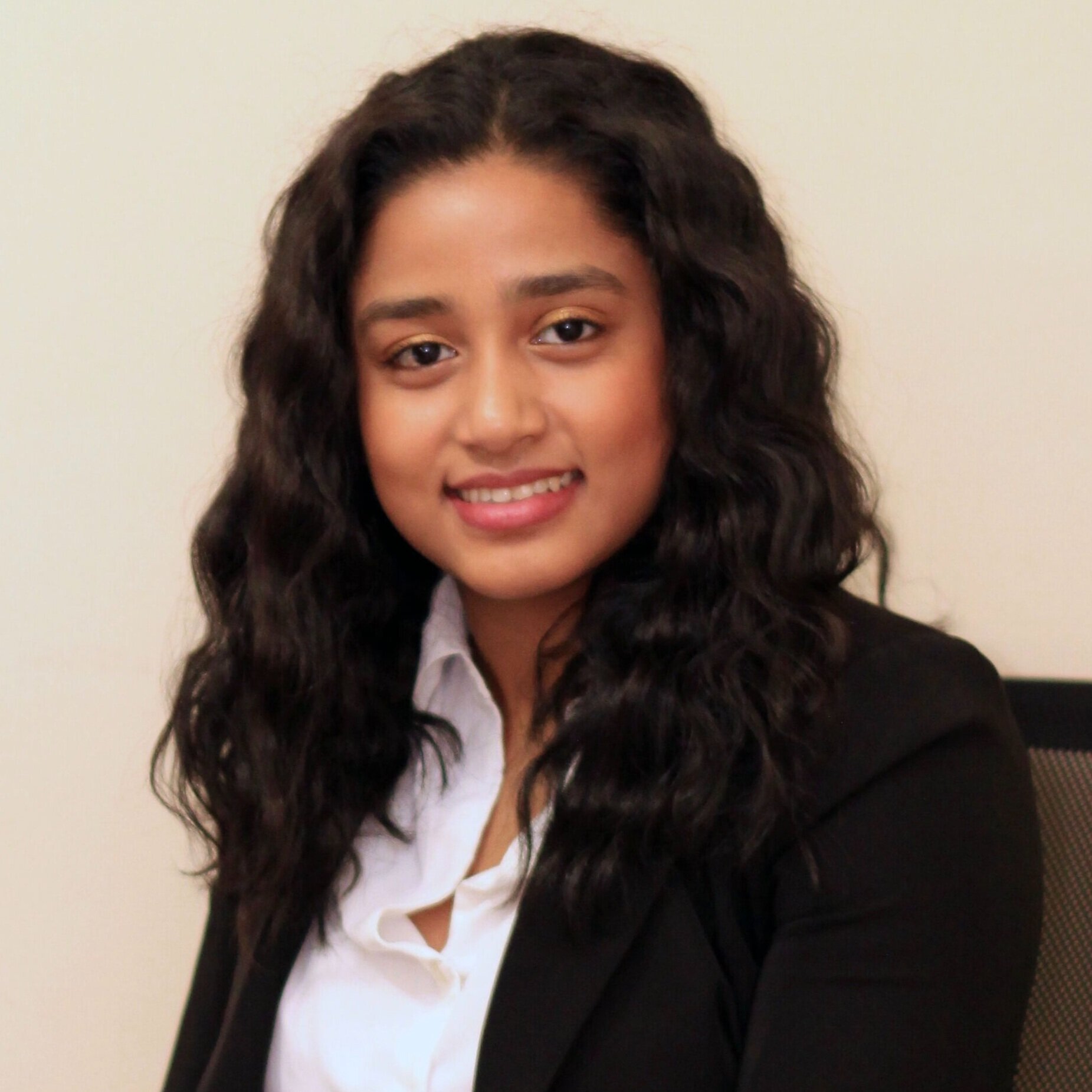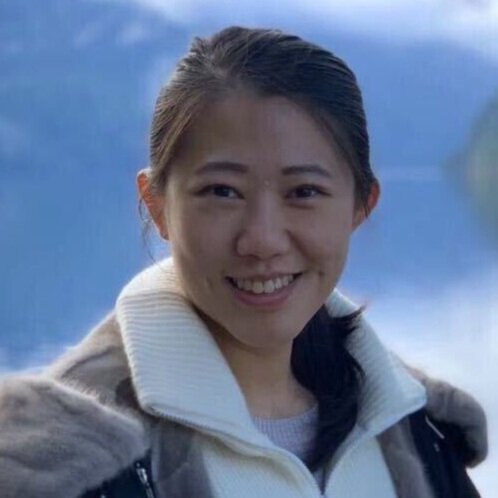Keynote Speaker
Rukmini Iyer
Corporate Vice President Microsoft
Dr. Rukmini Iyer joined Microsoft in 2010 to advance conversational understanding for personal assistants and moved to Bing search advertising in 2012 to accelerate machine learning in the advertising product. Her strong technical leadership and deep collaboration with partners has helped Bing Ads achieve exponential product growth over the past 5 years. Her team currently manages key infrastructure and algorithmic components from core NLP efforts for query and ad understanding, to machine learning of user and advertiser signals to incorporate into the ad auction, to managing the online auction.
Prior to Microsoft, Rukmini earned her PhD in Electrical Engineering from Boston University in 1998, working in speech recognition and NLP for the first 10 years at BBN Technologies and Nuance, and distributed ML and AI to improve online revenue and user experience at Yahoo. Her current interests include practical applications of reinforcement learning, improving long-term success of small businesses in Bing Ads ecosystem, and growing product teams that fundamentally embrace AI in design and development.
11:30 - 12:30 Breakout Sessions
Sanghamitra Deb - Session: Computer Vision for Beginners
Bio:
Sanghamitra Deb is a Staff Data Scientist at Chegg, she works on problems related school and college education to sustain and improve the learning process. Her work involves recommendation systems, computer vision, graph modeling, deep NLP analysis , data pipelines and machine learning. Previously, Sanghamitra was a data scientist at a Accenture where she worked on a wide variety of problems related data modeling, architecture and visual story telling. She is an avid fan of python and has been programming for more than a decade. Trained as an astrophysicist (she holds a PhD in physics) she uses her analytical mind to not only work in a range of domains such as: education, healthcare and recruitment but also in her leadership style. She mentors junior data scientists at her current organization and coaches students from various field to transition into Data Science. Sanghamitra enjoys addressing technical and non-technical audiences at conferences and encourages women into joining tech careers. She is passionate about diversity and has organized Women In Data Science meetups.
Abstract:
Use pre-trained models and do feature extraction, finetuning : apply them to classification and ranking problems. Build an object detection model with low latency, high accuracy and small training dataset. Learn which metrics are important to measure the performance of your computer vision model.
Shawn Ling Ramirez - Session: How AI is solving the $160 billion food waste problem: Lessons in Forecasting at Scale
Bio:
Shawn is data scientist and tech strategy leader, the Head of Data Science at Shelf Engine, and a consultant for companies developing AI for Good data products. With over 15 years building teams and analyzing social behavior as a professor, she now plays in forecasting and optimization to solve the food waste problem.
Abstract:
Time series forecasting at scale can be done in many ways. I will talk about two common methods - boosted trees and Bayesian Hierarchical Time Series - their pros, cons, and some hard choices we've made to address machine learning bias, cold start, and COVID, as well as how to iterate at speed.
Shailvi Wakhlu - Session: Preventing, diagnosing & curing bad data
Bio:
Shailvi is the Sr. Director of Data at Strava. As an analytics professional, entrepreneur and a former software engineer, she has been involved in shaping great products for companies such as Salesforce and Fitbit. Her job is to use data to tell effective stories, that inspire action and spur tangible business growth.
Abstract:
Bad data has the capacity to ruin your business, and can have dire consequences for your users. Inaccuracies and biases in your data can result in costly outcomes. In this talk, I highlight the typical lifecycle of data, and the phases where bad data gets introduced. I also cover ways to fix issues.
Catherine Nelson - Session: Responsible ML in Production
Bio:
Catherine Nelson is a Senior Data Scientist at SAP Concur, where she explores innovative ways to use machine learning to improve the experience of a business traveller. Her key focus areas range from ML explainability and model analysis to privacy-preserving ML. She is also co-author of the O'Reilly publication “Building Machine Learning Pipelines", and she is an organizer for Seattle PyLadies, supporting women who code in Python. She has been recognized as a Google Developer Expert in machine learning. In her previous career as a geophysicist she studied ancient volcanoes and explored for oil in Greenland. Catherine has a PhD in geophysics from Durham University and a Masters of Earth Sciences from Oxford University.
Abstract:
When your machine learning model is deployed to a production system, this is a critical time: your model starts to interact with real people. I will explain how to build a production pipeline using the TensorFlow ecosystem that includes ways to identify and reduce harmful impacts.
Dr. Charna Parkey - Session: Navigating the inevitable bias your ML models will perpetuate
Bio:
Dr. Charna is a Data Science Lead at Kaskada on the product team working to deliver a feature engineering platform for machine learning. With over 15 years’ experience in data science in the defense and startup tech sectors she has worked with dozens of Fortune 500 companies to combat systemic oppression with data science.
Abstract:
To advance society, data scientists must consider what we are accountable for, who we are accountable to and where our accountability extends regarding ML & bias. Fortunately, when enough individuals take on this burden, larger systems of accountability will be created. But where do we start?
Dalila Hattab - Session: Machine Learning for time series forecasting
Bio:
She is the head of Financial services Lab within Worldline Company. The Lab is an incubation area enabling the best conditions to stimulate creativity, innovation and expertise and to satisfy self-fulfilment. She is passionate by data science and has contributed to several scientific publications in the domain of time series analysis.
Abstract:
The aim of this presentation is to show how machine learning contributes in more accurate time series forecasting. This will be illustrated through two applications: (1) anomaly detection to reveal unexpected behavior; (2) investigation of the effect of the pandemic crisis on long-term investment.
Leslie Emery - Session: Data cleaning for lazy people: how to automate data cleaning responsibly
Bio:
Leslie is a data scientist at Bristol Myers Squibb working in R&D for cancer treatment and drug discovery. She has a PhD in genomics and over 10 years of experience in statistical inference and designing reproducible analysis code. Her interests include experimentation, causal inference, machine learning, and ML engineering.
Abstract:
While data cleaning is crucial to achieving quality analysis results, data scientists continually bemoan the amount of time they spend on this crucial task. My talk will cover the elements of data cleaning and provide a spectrum of possible ways to automate cleaning while maintaining data quality.
Lela Draganic - Session: The Right to be Forgotten: Data Permanence and Identity
BIO:
Lela is a cyber security and data privacy expert at one of Canada’s top banks. Prior to transitioning into the world of tech and security, Lela worked for European and U.S. non-profits that focused on peacebuilding and social justice. She has a Bachelor of Arts in International Relations, and a Master’s degree from York University in Toronto, where she researched the nature of data and data privacy regulation.
Abstracts:
Is information something we own, an asset, or is it a part of our identities? If data makes us who we are, does that imply that data scientists and technologists have to change the ways they work with data? How does the permanent nature of digital information affect our modern identity formation?
Ivana Milovanovic - Session: Tips and Tricks for Developing Deep Learning Image Models for Production
Bio:
Ivana Milovanovic is a data scientist at SAP Concur, where she works on building deep learning algorithms for image and text processing. She holds a PhD in Biomedical Engineering from University of Belgrade, Serbia. Prior to joining SAP Concur, she was a post-doc at University of Washington working in Computational Neuroscience. Her research focused on exploring brain-computer interfaces (BCIs). In her spare time Ivana enjoys hiking, skiing and playing tennis.
Abstract:
Deep learning models let us extract complex information from images, but can be difficult to deploy in production due to their complexity and latency. This talk covers key considerations and practical tips for preparing deep-learning image models for deployment to server machines and smartphones.
Mengyuan Liu - Session: Tips and Tricks for Developing Deep Learning Image Models for Production
Bio:
Mengyuan is a Senior Data Scientist at SAP Concur working on building AI solutions to revolutionize expense management and reporting. Before joining Concur, Mengyuan obtained a PhD in bioengineering from the University of Washington, specializing in applying machine learning and computer vision technologies to medical imaging. Mengyuan is passionate about supporting women in technology and has been an Ambassador and Lead Organizer for the Women in Data Science Puget Sound Conference for 2 years. Outside work, she is also enthusiastic about environmental issues, ethical fashion, animal welfare and enjoys traveling and good food.
Abstract:
Deep learning models let us extract complex information from images, but can be difficult to deploy in production due to their complexity and latency. This talk covers key considerations and practical tips for preparing deep-learning image models for deployment to server machines and smartphones.
2:00 - 3:00 Breakout Sessions
Iswarya Murali - Session: Building a Social Network of characters from Hamilton
BIO:
Iswarya Murali is a Senior Data Scientist at the Endpoint Manager team in Microsoft, where she leads a variety of data science projects that empower the business to make data-driven decisions. Iswarya has previously worked as an Analyst in Google's Payments Fraud team, a software developer software developer at the Data Protection team in Microsoft, and was one of the earliest members of an early stage Analytics startup.
Abstract:
Obsessed with Hamilton (the musical)? Listen to the songs Non Stop, but still not Satisfied? Well - how about a dash of data science to make it more fun? In this session, I will demo how to use the Hamilton dataset and build some cool visualizations in R!
Tammy Glazer - Session: Data Science and Human Centered Design
BIO:
Tammy Glazer is a Data Scientist at DrivenData, where she brings best practices in machine learning and crowdsourcing to mission-driven organizations. Tammy previously worked as an Analytics Consultant with Tableau Software and oversaw data quality assurance for impact assessments in Senegal and Liberia under President Obama’s Feed the Future initiative. She holds a master’s in Computational Analysis and Public Policy from the University of Chicago.
Abstract
Social impact cannot be achieved by measuring a bottom line number or optimizing one function. Drawing on a case study of gender-specific barriers to digital financial service use, we outline a powerful new interplay of data science and human-centered design to improve products, outcomes, and lives.
Emily Miller - Session: Data Science and Human Centered Design
BIO:
Emily Miller is a Senior Data Scientist at DrivenData, where she helps mission-driven organizations leverage the power of data science and machine learning to maximize their impact. She is one of the creators of deon (https://deon.drivendata.org/), a command line tool that aims to make data ethics actionable and practical for data scientists. She is passionate about using data for social good and has previously worked at the Bill & Melinda Gates Foundation, Stanford Center for International Development, and Brookings Institution. She holds a master's in International Development from The New School and a data science certificate from Metis.
Abstract:
Social impact cannot be achieved by measuring a bottom line number or optimizing one function. Drawing on a case study of gender-specific barriers to digital financial service use, we outline a powerful new interplay of data science and human-centered design to improve products, outcomes, and lives.
Apurvaa Subramaniam - Session: Key takeaways and lessons learned from a newcomer to causal inference
BIO:
Apurvaa is a Data Scientist at Amazon where she’s worked in multiple teams on a variety of data science/analytics problems such as experiment design, predictive modeling and causal inference. She has a Masters in Analytics from Northwestern University and a Bachelors in Computer Engineering from Nanyang Technological University, Singapore.
Abstract:
We've all heard that 'correlation does not imply causation'. So how do you determine causality and why is it important? This talk will give attendees an introduction to the field of causal inference: I will discuss a few techniques as well as my experience working on a project at my workplace.
Dhivya Chinnappa - Session: Multimodal Machine Learning: How to approach?
BIO:
Dhivya Chinnappa is a Research Scientist at Thomson Reuters. She currently works on legal Natural Language Processing. She received her PhD in Computer Science (ML/NLP) from the University of North Texas. She holds a Bachelor's degree and Masters degree in Engineering (Computer Science) from Anna University, India. She believes in a diverse inclusive environment, and advocates women empowerment.
Abstract:
Multimodal ML includes modalities such as text, image, audio, or video in a ML model. In this presentation, I will talk about SOTA multimodal ML models that include a text and an image. I will exemplify these approaches using three tasks I worked on, and discuss the role of images in these tasks.
Meghamala Sinha - Session: Usefulness of Knowledge Graphs for Improving Data-Driven Causal Network Learning
Bio:
Meghamala Sinha is a PhD candidate at Oregon State University. She is majoring in Computer Science and minoring in Biological Data Science. Her research interest is Causal Inference and its application to data-driven areas like Machine Learning, AI, Intelligent Systems and Computational Biology. Her work centers around using fundamentals of Causality to differentiate true cause-effect relationships from mere associations in data and building a more robust and reliable inference model.
Abstract:
Causal network, useful for action planning, prediction and diagnosis, is difficult to learn solely from data in absence of prior knowledge. We demonstrate using large-scale, multi-graph called knowledge graph as prior in a score-based causal learning method with improved accuracy on real-world data.
Elise Bishoff - Session: Introduction to Adversarial Machine Learning
Bio:
Elise is a Data Scientist at Pacific Northwest National Lab. Her educational background includes a Master’s Degree in Applied Mathematics with an emphasis in Data Science from University of Washington and a Bachelor’s Degree in Mathematics with a minor in Computer Science from Seattle Pacific University. She has experience with model production, big data, safety and security of machine learning models, deep learning, natural language processing, computer vision, and much more. In her spare time Elise enjoys cycling, running, reading, and learning new things.
Abstract:
How easy do you think it is to fool a machine learning model? Well, currently the answer is it isn't that hard! The field that deals with understanding these vulnerabilities and ways to prevent them is called adversarial machine learning. Come learn about this exciting field of work!
Malvika Singh - Session: Performance Analysis of Map Reduce and Aggregate Pipeline in MongoDB
Bio:
Malvika is a Software Development Engineer at Amazon Web Services where she works on building high-performance architecture to host & deploy images for container applications. She works with Amazon Elastic Container Registry that integrates data engineering to build pipelines to simplify production workflows. Before joining AWS, Malvika obtained her Master’s in Data Analytics from Carnegie Mellon University, specializing in applying ML & data engineering techniques in public policy. She did her bachelor’s in Computer Engineering & is passionate about supporting women in CS.
Abstract:
"Is it going to rain today?" I asked."Yes" answered the home device within seconds! As I sit watching the rain outside,I wonder how did it answer so quickly?What if I asked nested query?My work evaluates performance metric:Execution Time of nested queries for 2 popular techniques in Big Data's world
Huibin (Mary) Hu - Session: Towards Inclusive Software Engineering Through A/B Testing: A Case-Study
Bio:
Mary is a data scientist at Microsoft focusing on large scale client-side experimentation. She is also a co-founder of the Women in Data Science Community at Microsoft which has over 600 members now.
Abstract:
Software should be inclusively engineered, considering all factors that might/could/should use the software. However, data can have inherent biases. We provide examples of how inclusiveness concerns can manifest and adjustments that practitioners can make towards inclusive software engineering.
Shay Strong - Session: Woes & Musings of a once-astronomer & SAR newbie: What is SAR & Geospatial Data Science?
Bio:
Shay got her Ph.D in Astronomy from UT Austin. After, she worked at Johns Hopkins University APL on spacecraft development. She joined the DC satellite startup OmniEarth in 2014. Upon the company's acquisition, she joined EagleView as Director of ML/AI. Today, she is the VP of Analytics for Finnish satellite company ICEYE.
Abstract:
Synthetic aperture radar (SAR) enables us to observe the Earth uninhibited by darkness & weather. Yet, it has a scary barrier of complicated physics & obtuse GitHub repos. What is SAR & how is it the next frontier in data science & machine learning?
3:15 - 4:15 Breakout Sessions
Namita Das - Session: Building a successful partnership among Science, Engineering and Product Management to ship machine learning services
BIO:
Namita is a Sr. Product Manager at AWS AI/ML with her current focus on democratizing machine learning by building low-code ML services. Namita has 10 years of experience working across different products and job functions. She believes in fostering authentic relationships and invests in other’s growth. Ventures that positively impact people and organizations excite her. She is also the founder of StressGuru, a mental health initiative in India, and frequently advices startups.
ABSTRACT:
Building machine learning service needs a close collaboration among science, engineering and product management. This talk will help data scientist and applied scientist on effectively partner with engineering and product management to building machine learning services.
Holly Rachel - Session: D.R.E.A.M. (Data Rules Everything Around Me) - Creating a Data-driven Business Culture
BIO:
Holly Rachel is the co-founder of Rachel + Winfree Data Consulting, a consulting firm that helps small businesses design and implement data strategies. A core part of their method is Data Coaching, which focuses on changing company culture to ensure a smooth digital transformation for the entire company. Holly is a native of Saint Louis, MO, and currently resides in Nashville, TN.
ABSTRACT:
Who is responsible for the success of an organization’s data program? Is it the C-Suite, department leaders, IT professionals, or all of the above? In this session, we dive into where a data-driven culture really starts, and what role each organization member plays in helping to build a data culture.
Jinjin Zhao - Session: The interdisciplinary nature of human learning and techniques for understanding & improving how humans learn
BIO:
Jinjin is a Senior Applied Scientist working at Amazon Global Learning and Development Department with 6 years of hands-on experience in Machine Learning/AI, Operation Research, and System Development. She has been a researcher and practitioner in human learning since 2018. Her research interest is on leveraging science and techniques from multiple disciplines - including computer science, cognitive science, learning science - to help understand/discover and improve how humans learn.
ABSTRACT:
Introduce the interdisciplinary nature (learning, cognitive, and computer science) of human learning through online learning platforms. Focus on the workforce learning to illustrate how data science and machine learning can help understand human learning, with 7 recent publications to be dived into.
Julia Ferraioli - Session: Preventing Random Acts of Metrics - What We've Learned about Open Source Ecosystems
BIO:
Julia Ferraioli is a Technical Program Manager with Google’s Open Source Programs Office. She's a polyglot, though in code only, and is excited about accessibility, open source, machine learning, and sprinkles. She’s also a fierce supporter of LaTeX, the Oxford comma, and small pull requests.
ABSTRACT:
We know open source is greater than source code. People of all skills contribute to the larger ecosystem that centers on open source software, open data, and open science. We will share how the data we use to "see" this world ultimately defines its value and common mistakes to avoid.
Ria Cheruvu - Session: How to Brainstorm Novel Ideas for Data Science R&D
BIO:
Ria Cheruvu is the AI Ethics Lead Architect at Intel Corporation’s Internet of Things engineering group, and has a master’s degree in data science from Harvard University. Her pathfinding domains include solutions for security and privacy for machine learning, fairness, explainable and responsible AI systems, uncertain AI, reinforcement learning, and computational models of intelligence. She has two filed patents on AI IP protection, in addition to other patents currently undergoing the filing process. She enjoys composing piano music, ocean-gazing, and contributing to open-source communities in her free time.
ABSTRACT:
The dynamic and tumultuous landscape of data science research and development has made discovering and innovating novel solutions challenging. The goal of this talk is to present strategies researchers can leverage to gain a foothold in the space and start ideating and innovating now.
Jacqueline Nolis - Session: I thought I understood sexism--then I transitioned
BIO:
Dr. Jacqueline Nolis is a data science leader with over 15 years of experience in leading data science teams and projects at companies ranging from DSW to Airbnb. She has a PhD in Industrial Engineering, and coauthored the book Build a Career in Data Science. For fun Jacqueline likes to use data science for humor—like using deep learning to generate offensive license plates.
ABSTRACT:
I spent my entire career in data science, starting from analyst and becoming a director and more, all while portraying myself as a cis white man. However when I realized I was a woman and transitioned at 31, suddenly things were very different. Statements I would make in meetings were being treated differently, my ideas would be taken less seriously, and other unfortunate events would happen to me that never occurred when I was a man. I was and still am, shocked at the difficulties women face in our field, and yet so many cis women I have discussed this with have come to terms with sexism as something that is always around. In this talk I will elaborate on my experiences and talk about I really don’t think the differences between what men and women experience is okay!
Jeny De Figueiredo - Datathon
BIO:
Jeny is the Community Manager at Iterative.ai, a company committed to creating open-source tools to streamline the workflow of data scientists. A former Olympian in the sport of Rhythmic Gymnastics, she has drawn on the discipline she learned in her youth to develop her passion for problem-solving, project management and visual story-telling. With experience in marketing, operations, finance, accounting, estate planning, a variety of creative volunteer work managing teams, as well as running a small business and wearing all the hats that it entails, she is always eager to learn and grow. This eagerness motivated her to become a Microsoft Certified Professional in Data Science so that she can further enhance her problem-solving skills to provide data-informed insights for today’s business problems.
ABSTRACT:
Local Datathon teams will present their WiDS Datathon 2021 projects in this session. Phase 2 of the Datathon is ongoing, click here for more information.
Jamie Shaffer - Datathon
BIO:
Jamie Shaffer is a Research Scientist in the Lee Lab for Computational Ophthalmology at the University of Washington. Her educational background includes an MS Electrical Engineering from the University of Washington and she has spent many years in research and development of novel image sensors, imaging systems, and image based metrology. In 2020, she transitioned from electrical engineering to data science where her interests include data analysis and applying deep learning to challenges in medical imaging.
ABSTRACT:
Local Datathon teams will present their WiDS Datathon 2021 projects in this session. Phase 2 of the Datathon is ongoing, click here for more information.
Lia Gaetano - Datathon
BIO:
Lia is a recently retired Team USA canoeist embarking on a journey towards a career in healthcare data science. She has been learning Python part-time while training for the Tokyo Olympics. In January, she entered the Women in Data Science Datathon with very little experience and a good deal of optimism. Thanks to her incredible teammates and the Seattle Data Circles community, her team placed 268th out of 808 teams! She received her bachelor’s in classics from Cornell University and has recently been awarded a scholarship from the United States Olympic and Paralympic Committee to attend General Assembly’s Data Science Bootcamp in July.
ABSTRACT:
Local Datathon teams will present their WiDS Datathon 2021 projects in this session. Phase 2 of the Datathon is ongoing, click here for more information.
Joyce Annie George - Datathon
BIO:
Joyce is a data enthusiast with strong interest in data analysis and NLP. She has a Master's degree in CS from Santa Clara University. She is currently looking for an exciting role in the field of data science.
ABSTRACT:
Local Datathon teams will present their WiDS Datathon 2021 projects in this session. Phase 2 of the Datathon is ongoing, click here for more information.
Julia Nguyen - Datathon
BIO:
Julia is a data scientist with a background in research and education. She received her PhD in Chemistry from the University of Washington and has a BA in Economics and Chemistry from Williams College. She has had a long standing interest in deriving insights from complex data and translating intricate concepts to any audience.
ABSTRACT:
Local Datathon teams will present their WiDS Datathon 2021 projects in this session. Phase 2 of the Datathon is ongoing, click here for more information.
Niwako Sugimura - Datathon
BIO:
After earning a Ph.D. in psychology from the University of Illinois at Urbana Champaign, I worked as an assistant professor at a university in Wisconsin for three years before moving to Seattle. My research has centered around understanding the link between social relationships and mental health, and I have done a lot of longitudinal analysis and modeling to predict social and emotional well-being in youth. In general, I’m passionate about using research and data to improve people’s everyday life. Seattle has been treating me well, and I enjoy playing violin in a tango band for Argentine tango dancers in the city!
ABSTRACT:
Local Datathon teams will present their WiDS Datathon 2021 projects in this session. Phase 2 of the Datathon is ongoing, click here for more information.
Hani Patel - Datathon
BIO:
Hani is a Business Intelligence Engineer at Microsoft where she works on building self-serve analytical tools for use by global sales planning team. She holds a MS in Software Engineering and BE in Computer Science. She is passionate about data-driven solutions to tackle business problems and current affairs. Hani also enjoys mentoring the youth, reading articles, photographing and traveling. Connect with Hani on LinkedIn
ABSTRACT:
Local Datathon teams will present their WiDS Datathon 2021 projects in this session. Phase 2 of the Datathon is ongoing, click here for more information.
Nazifa Taha - Datathon
BIO:
I am an undergraduate student studying Applied Mathematics. My primary interests are Data Science, Machine Learning and Artificial Intelligence. In my leisure time, I love watching documentaries on nature, and animals. I also love to paint and read books.
ABSTRACT:
Local Datathon teams will present their WiDS Datathon 2021 projects in this session. Phase 2 of the Datathon is ongoing, click here for more information.
Elyse Kadokura - Lightning Talk Session - From public health to data science: non-traditional paths and why diverse data science teams matter
BIO:
Elyse has been a data scientist at Starbucks for a little over one year in the people analytics and retail operations space. Before Starbucks, she worked in public health practice as an epidemiologist at the Washington State Department of Health for a disease surveillance program. She is passionate about data ethics and social responsibility in AI as well as inclusion and diversity in the tech field.
ABSTRACT:
Since transitioning careers, I've talked to many people who want to make similar moves but are afraid to make the jump. I want to give career advice to people who do not have a traditional data science background and tell them why their previous experience is valuable using examples of my own work.
Luna Ou - Lightning Talk Session - Overcoming Imbalanced Data: Driving Features for Seattle Fatal Collision Accidents
BIO:
Luna is an Economist working in the Data Analytics team with 3+ years of work experience. She worked as a data scientist consultant at the United Nations and published her work in a peer-reviewed journal. She has master’s degrees from Yale and Duke. She has plenty of hands-on experience in ml and python programming.
ABSTRACT:
I applied supervised ml models to classify collision data in Seattle. The goal is to identify key features to differentiate fatal accidents from others. Attendees will learn how I improved AUC from 0.74 to 0.93 and identified important features using feature permutation and dropping columns.
Simran Bhatia - Lightning Talk Session - "What does the data say?" Helping non-data natives understand data stories
BIO:
Simran Bhatia is is currently working as a Business Intelligence Analyst at Accolade Inc, a personalized health and benefits advocacy company, while pursuing a professional Masters in Data Science through UC Berkeley. At Accolade, Simran evaluates and analyzes the member engagement campaign success to develop insights to inform critical business decisions, while working with cross-functional teams. In her spare time, she enjoys advocating for women in the technology industry, building AR/VR applications, robotics and dancing. Simran is a also volunteers with AnitaB.Org AI committee and the University of Washington iSchool Alumni board.
ABSTRACT:
In every data role, there is a constant need to safeguard our data as we explain it to people, who don't understand it. What's the story behind that bar graph? Why should we trust that machine learning model? A quick walkthrough of do's and don'ts of how to simplify the data for the outsiders.



